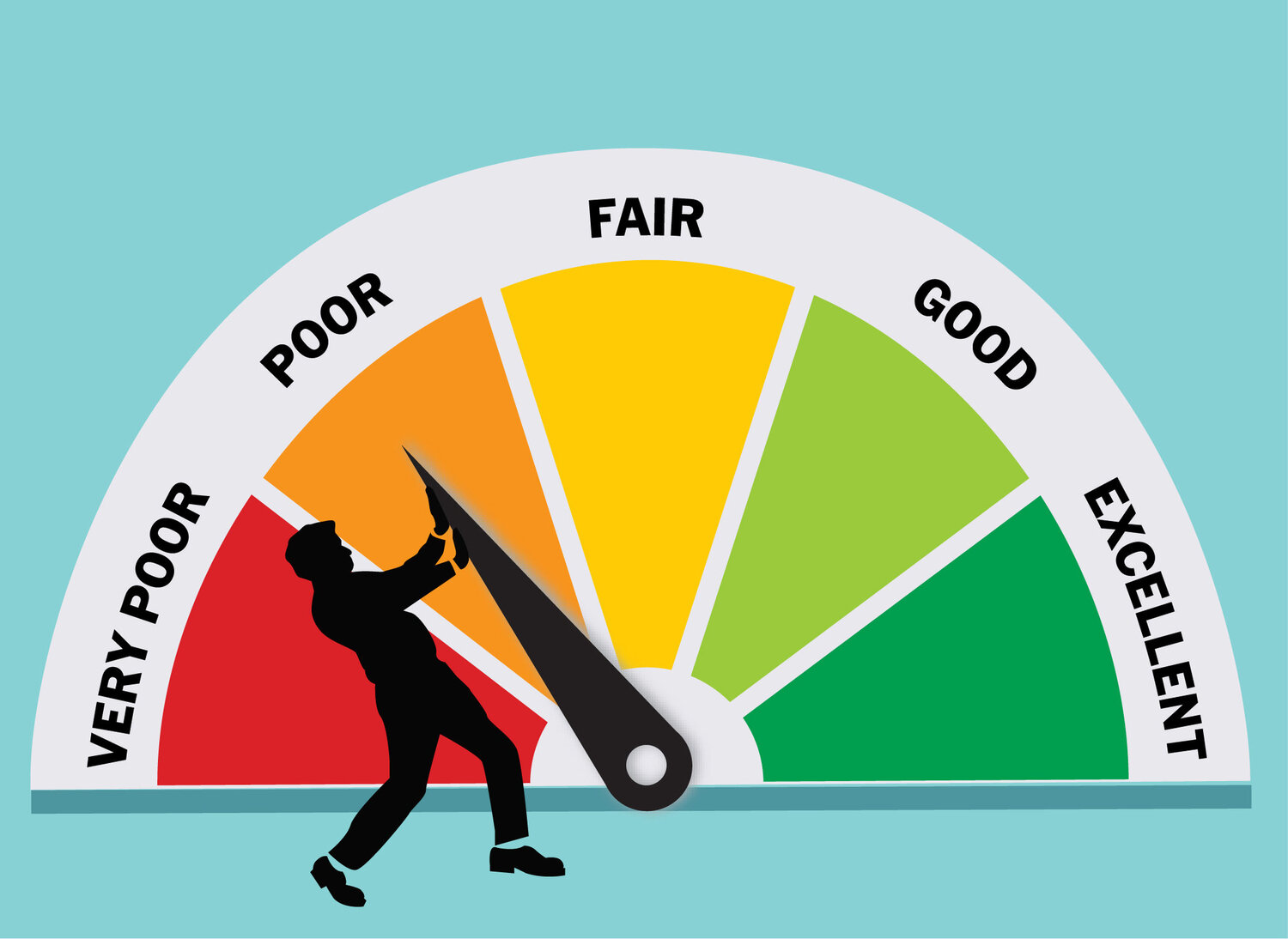At the heart of every ambitious enterprise is the need for financing. Today, we’ll uncover the answer to a burning question on every entrepreneur’s mind: which banks offer unsecured business loans? With a plethora of funding solutions available, from Bad Credit Business Loans to Alternative Finance, it’s essential to be informed.

The Rise of Unsecured Business Loans
Recent UK statistics have shown a notable surge in businesses seeking unsecured loans. But what’s the buzz about?
Unsecured business loans don’t require collateral, making them a desirable option for businesses that might not have significant assets but have robust financial performance.
Top Banks for Unsecured Business Loans
- HSBC: Known globally, HSBC offers competitive rates and terms for its unsecured loans. They have a reputation for a smooth application process and flexible repayment structures.
- Barclays: Another major player, Barclays, extends a myriad of unsecured loan options. They particularly shine when it comes to Small Business Loans.
- Lloyds Bank: They’ve made their mark with personalized loan solutions. Businesses keen on Working Capital Funding often turn to Lloyds for their needs.
Why Choose JPM Capital?
While traditional banks offer various options, it’s also beneficial to explore specialized firms like JPM Capital. With an array of funding solutions tailored to meet diverse needs, from VAT Funding to Refurbishment / Expansion Funding, businesses find tailored solutions that banks often can’t match.
- Specialized Approach: With a deep understanding of who they fund, JPM Capital is perfectly positioned to assist businesses in various sectors.
- Partnership Opportunities: Their partner program boasts impressive case studies that highlight their commitment to collaborative success.
- Stay Informed: JPM Capital’s blog is a treasure trove of information, ensuring businesses stay at the forefront of financial knowledge.
FAQs
Is it possible to get an unsecured business loan?
Absolutely! Many banks and financial institutions, including JPM Capital, offer unsecured business loans tailored to various business needs.
Which bank is best for unsecured personal loan?
While Barclays and HSBC are top contenders, the “best” bank often depends on individual needs, loan amounts, and terms.
Which private bank is best for business loan?
Private banks like Coutts & Co and C. Hoare & Co offer specialized business loans. However, businesses also consider firms like JPM Capital for tailored solutions.
Who issues unsecured loans?
Both traditional banks and specialized financial firms issue unsecured loans. The choice between them often depends on the specific needs, loan amounts, and the flexibility of terms.
In Conclusion
Whether you’re a startup or a well-established business, understanding your financing options, especially unsecured business loans, is paramount. Traditional banks, as well as firms like JPM Capital, offer a range of solutions to fuel your business’s growth.
For businesses keen on growth and scalability, the future is undoubtedly promising. Dive deeper, explore your options, and choose the path that aligns with your vision. The world of unsecured business loans awaits!








 When it comes to securing
When it comes to securing 




Recent Comments